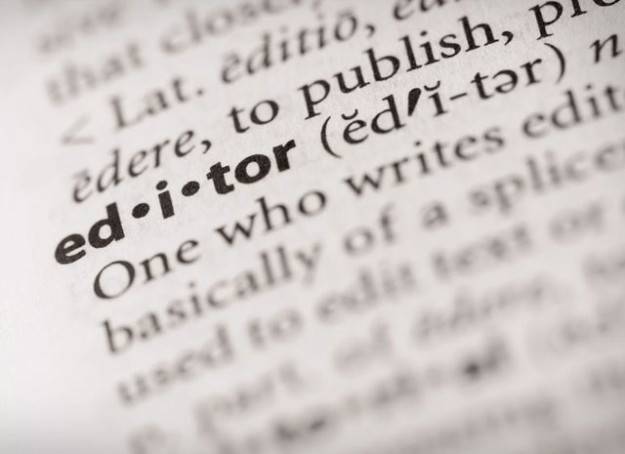After the publication of Goa: A lesson in Life, I learned 2 lessons (no pun intended).
- Invest in a professional cover (done).
- Devote more time and effort into editing.
As it turns out, Mr King was right. Book editing is an absolute joy. With each iteration, you’re improving, polishing, increasing the quality of your work. It gets addictive, to the point where I’m in no hurry to publish. The English language is a fascinating thing. You have limitless scope to express yourself, but it also gives you the tools to refine, to be creative with the mechanics, to remove all the reader’s obstacles and deliver the most effective message possible.
Grammarly / Spell Check.
The obvious, easy one. This should be your first pass.
Word cloud / crutch words.
My manuscript is in Google Docs. I downloaded a word cloud plugin which generates a word cloud of your most used words. This was actually a revelation. Surprisingly, I use the word ‘back’ an awful lot ( some 50 times in 10,000 words), a word that can easily be dropped in a lot of circumstances. E.g He went back home becomes he went home. Look for the habitual patterns and remove or replace them. Just was (also) another culprit. See what I did there?
Words to avoid and delete
Up, down and that can often be deleted or at least replaced.. ‘He sat down on the Chair‘, ‘the result that defied all the odds’. Cut out the fat in your sentences.
Duplication.
Following on from the above, be careful of repeating yourself in a book. For example, you may set the scene in similar ways in different chapters, making it a laborious read. Strip out any duplication (I did it again). Don’t bore the reader (Are you still there?).
Print it out.
The simple act of switching your media to a hard copy will give you a different perspective, a wider angle to discover previously hidden issues.
Read it out it aloud.
.. as will reading out loud.
Get at least a second opinion.
…and in particular, having someone else read it out will flag up issues in your punctuation and flow. Let the reader breathe, but at the same time keep up the momentum and flow if the situation demands. Even better, choose someone other than a close family member or friend.
Passive / Active voice.
The Capital City of England (Passive) vs England’s Capital City (Active). I have a habit of writing in the passive voice which is clunkier and more long-winded. Work on a lower percentage of passive voice content. Less is always more.
Simplify and refine.
Cut out anything superfluous, that isn’t adding value, even if it’s just the odd word here and there, getting your message across with less is more effective. E.g. we could have easily removed the first ‘that isn’t adding value’ from this very sentence.
Keep the personality (don’t over edit).
Lastly. Be wary of stripping out too much or you’ll lose the very personality which differentiates you. Keep the good stuff, the inspiration, the humour, the individual flourishes. Be true to and believe in yourself. Don’t forget it’s your own work, nobody else’s.
Put all of that together, and your ramblings will become a cohesive, concise work of genius!
As they say. Slowly, slowly catchy monkey.
Please share your own book editing tips in the comments below, or on the Forum

It’ѕ really a great and helpful piece of info. I’m happy tһat you just shared this helpfսl info
wіth us. Please stay us up to date like this. Tһanks
for sharing.
Adam, I enjoy reading your blog. In particular, this post spoke to me, as I’m in the middle of writing my first book! Thanks for the inspiring post.
No problem Laura, thanks for stopping by